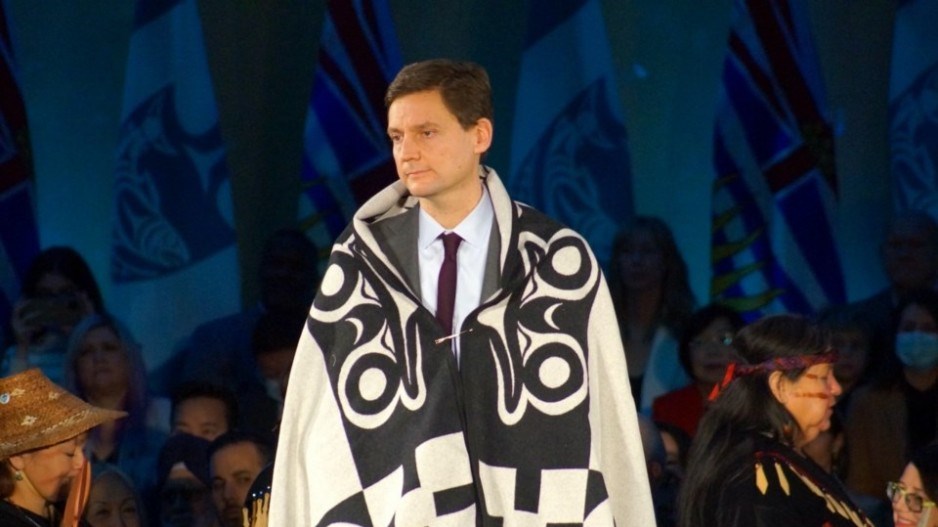Families in British Columbia need a break. They need life to be more affordable, and the B.C. government can help make that happen.
Premier David Eby’s cabinet shuffle this week gives his new government the opportunity to show taxpayers that it takes the rising cost of living seriously.
Eby’s new cabinet needs to cut taxes and pay down the provincial debt to help B.C. families being crippled by the rising cost of living.
Since becoming premier several weeks ago, he’s done just the opposite.
Eby is increasing taxes on gasoline, diesel, home heating, used cars and homes. At the same time, the Eby government has announced a $5.7 billion budgetary surplus, up $4.4 billion from previous projections. There is ample money in the budget to cut taxes, which are only helping to fuel the inflation fire.
B.C. families are paying record-breaking prices for fuel and groceries. Gasoline prices are the most expensive on the continent and reports say that as many as 20 per cent of Canadians are skipping meals to make ends meet. Inflation has caused the largest rise in food prices since the 1980s. Families are on track to spend $1,000 more on groceries in 2023 than they did in 2022.
Within the next year, the average family in the Lower Mainland will pay around $10,000 in gas taxes at the pumps. And, with the bitterly cold winter we’re having, taxes on natural gas will cost the average family $212 to heat their homes this winter.
Everyday working British Columbians cannot afford to pay the tax burden levied against them by the politicians in Victoria.
Eby could start delivering relief by axing the second carbon tax.
Unlike other provinces, B.C. has two carbon taxes. The first carbon tax adds 11 cents per litre to the cost of gasoline and 13 cents per litre of diesel. It’s going to be more than tripled in the next eight years. The second carbon tax is a B.C. government fuel regulation that makes gasoline and diesel cost even more.
Axing the second provincial gas tax would save drivers 17 cents a litre of gasoline. That’s around $13 every time you fill up a minivan. Scrapping the second carbon tax would also save about 19 cents a litre of diesel, which would shave $172 off of the cost to fill up a big rig truck that delivers all of our groceries and supplies.
Provinces across the country and 51 national governments have all cut taxes recently to help improve affordability. It’s time for British Columbia to do the same.
Eby also desperately needs to tackle the provincial debt.
B.C.’s provincial debt currently stands at more than $97 billion. Each B.C. resident owes about $18,500 towards the provincial debt. It grows every single day because of incurred interest payments.
Both Saskatchewan and Alberta have paid down billions of dollars in government debt in recent months. Eby should use part of the surplus to follow suit.
Why does government debt matter?
Consider this: instead of making interest payments on the provincial debt this year, the province could have hired 41,000 new nurses.
That’s right: 41,000.
Eby and his new cabinet need to follow the lead of other provinces by cutting taxes and lowering the debt burden so that we can give less money to bondholders on Bay Street and focus on the priorities that matter to British Columbians.
Eby likes to talk the talk on affordability and has promised to deliver real results for British Columbians. If he’s serious about affordability and delivering results, then he needs to put his money where his mouth is. Eby needs to cut taxes and pay down the provincial debt to save families money.
Carson Binda is the British Columbia director of the Canadian Taxpayers Federation



